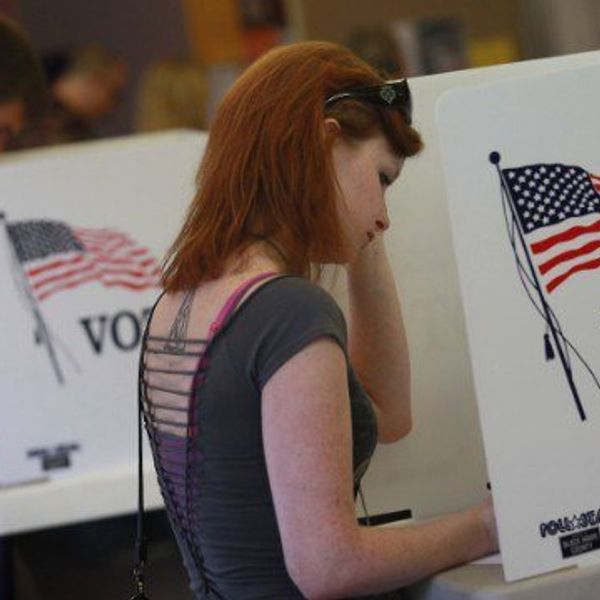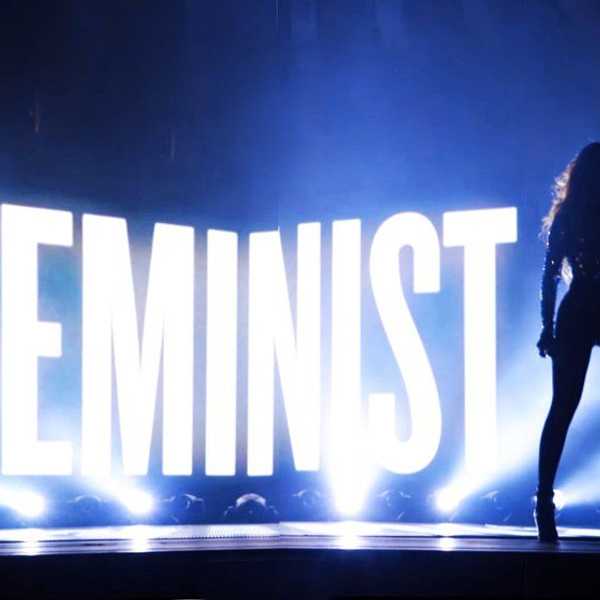Growing up, I constantly aimed to please my parents (a common symptom of being the eldest child). I took AP classes in part so that I could save money on several college classes I needed to take. After school, I worked on scholarship essays so that my parents could pay less to send me to university. At the end of every week, I saved a little bit of every paycheck so that when I wanted something nice I would not have to ask for their money. I focused on being the most polite, well-mannered child I could be. Do not get me wrong, we still ran into all the typical hiccups that many children go through with their parents: mainly arguments about boys and curfew. Regardless of the ups and downs, I always wanted to make them proud.
As I began to do my own investigations into the politics surrounding my beliefs, I realized that they differed greatly from my mother’s views. For a while, I struggled with this realization. I was forced to face major disagreements with the woman who spent nearly the second half of her life raising me.
I know that I am not the only liberal child of conservative parents. We—as the disagreeing children—have spent many uncomfortable nights around the dinner table. However, there is a silver lining to these awkward conversations. We can learn more about opposing viewpoints from a place stemming from mutual love and respect. Through the many intense, fact-based discussions I have had with my mother, I can now see some points that are important to her.
Because of our newfound understanding of each other’s perspectives, some of our long-held beliefs have changed. I still identify far more liberal than conservative, and my mother is still the opposite. However, what has drastically changed is our awareness of the intolerance of the other parties in our society. My mother no longer lets statements like “liberals are just jobless hippies” or “democrats are basically brainwashed communists” slide under the rug. Likewise, I have found myself defending conservatives against personal attacks, such as continuing to push that conservatives are not evil and narcissistic.
Especially with passions sky rocking around this election and Trump’s inauguration tomorrow, it can be all too easy to fall down the slippery slope of making personal attacks to defend and support our viewpoints. I have taken it upon myself to be responsible for my words and actions. There are many people very close to my heart that voted for a candidate I may not support. However, I am more interested in understanding how people conclude what they do. To me, politics is more like a philosophy course than a math problem. There is no formula that we can go back and double check. We must constantly be reading and keeping ourselves informed on current events to strive for reflective equilibrium—a state of balance among our set of beliefs.
Disagreements about politics do not have to be the end of our relationships. Rather, they can be a starting place to find a deeper understanding of each other.





















